Apple's been teasing us with Center Stage on iPads for years, and now it's finally making the leap to where we actually need it most, our iPhones. The iPhone 17 introduces a new 18-megapixel Center Stage front camera, which sports a sensor that's roughly twice the size of the one in the previous iPhone. But here's what makes this particularly exciting: Apple didn't just port over the iPad feature and call it a day. It reimagined how a smartphone camera sensor should work.
That larger sensor alone would be noteworthy. The surprise is the shape. The front camera's sensor is now square-shaped, allowing users to take high-quality landscape mode selfies without having to rotate their phone. Think landscape selfies while holding the phone upright. Simple idea, big payoff.
Now, I know what you're thinking: "It's just a different shaped sensor, how revolutionary can that be?" Turns out it changes how we think about front-facing cameras altogether.
The bigger picture: Apple's camera evolution continues
The iPhone 17's Center Stage rollout is not just the iPad feature on a phone, it signals a rethink of front cameras on smartphones. It ties into the rest of the device too. The new iPhone 17 gets a proper flagship-level 6.3in Super Retina XDR display with ProMotion, replacing the 60Hz panel, so the camera upgrades sit inside a genuinely high-end package.
Power matters here. The iPhone 17 runs on the new A19 chip with an updated display engine, improved Neural Engine, and higher memory bandwidth, enough muscle for real-time Center Stage tracking, dual camera recording, and 4K HDR processing, all without the phone wheezing.
If you are upgrading from an older iPhone, the front-facing camera finally feels as polished as the rear system. Intelligent framing, a larger and sharper sensor, seamless orientation switching, and pro style video features add up to something that feels transformative, not just a yearly spec bump.
This is Apple at its best, taking a proven concept from one product and reshaping it for another. The square sensor design, the computational photography, the way it hooks into the wider ecosystem, together they deliver a noticeably better experience for video calls, content creation, and simple selfies. Worth the wait.




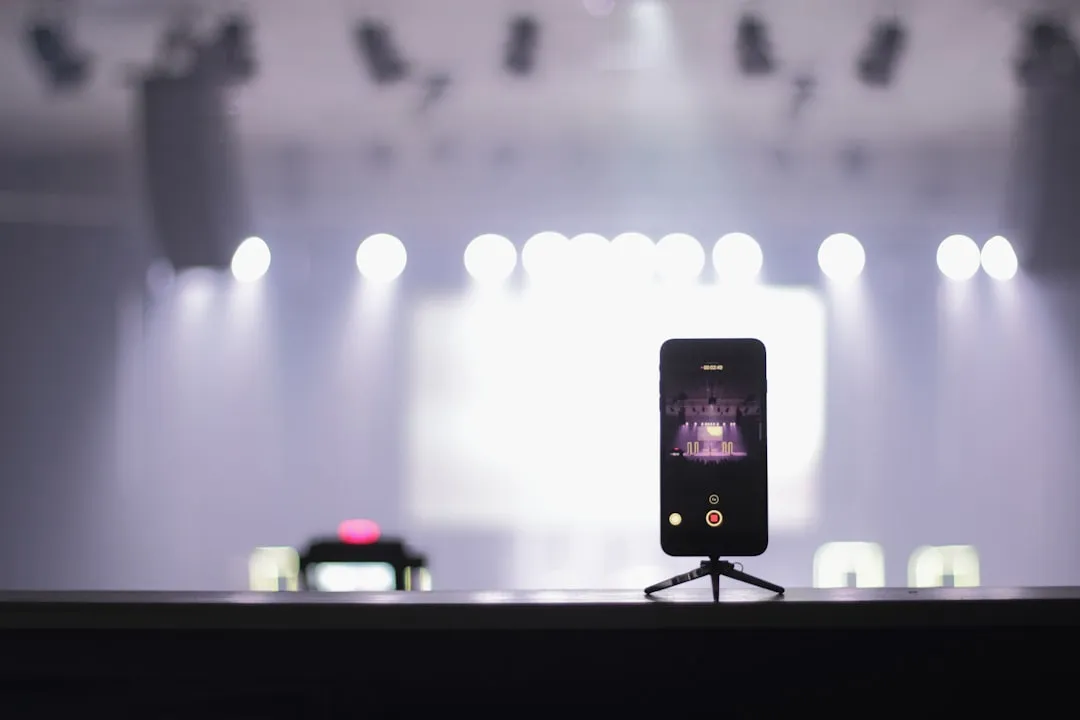
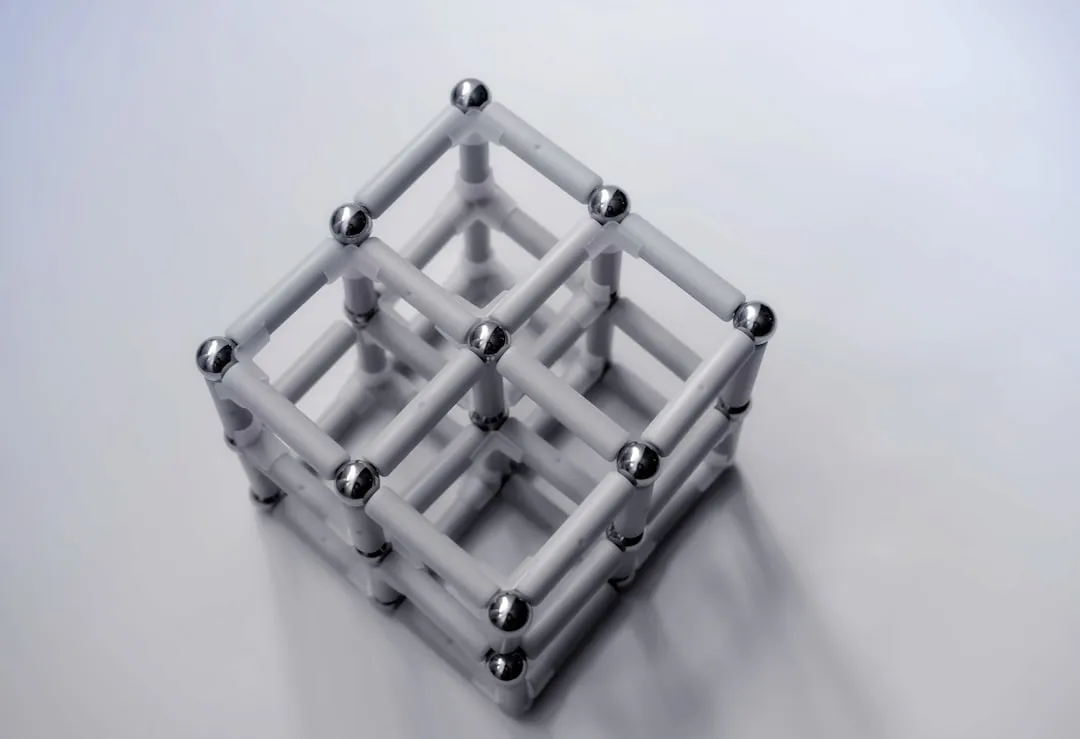
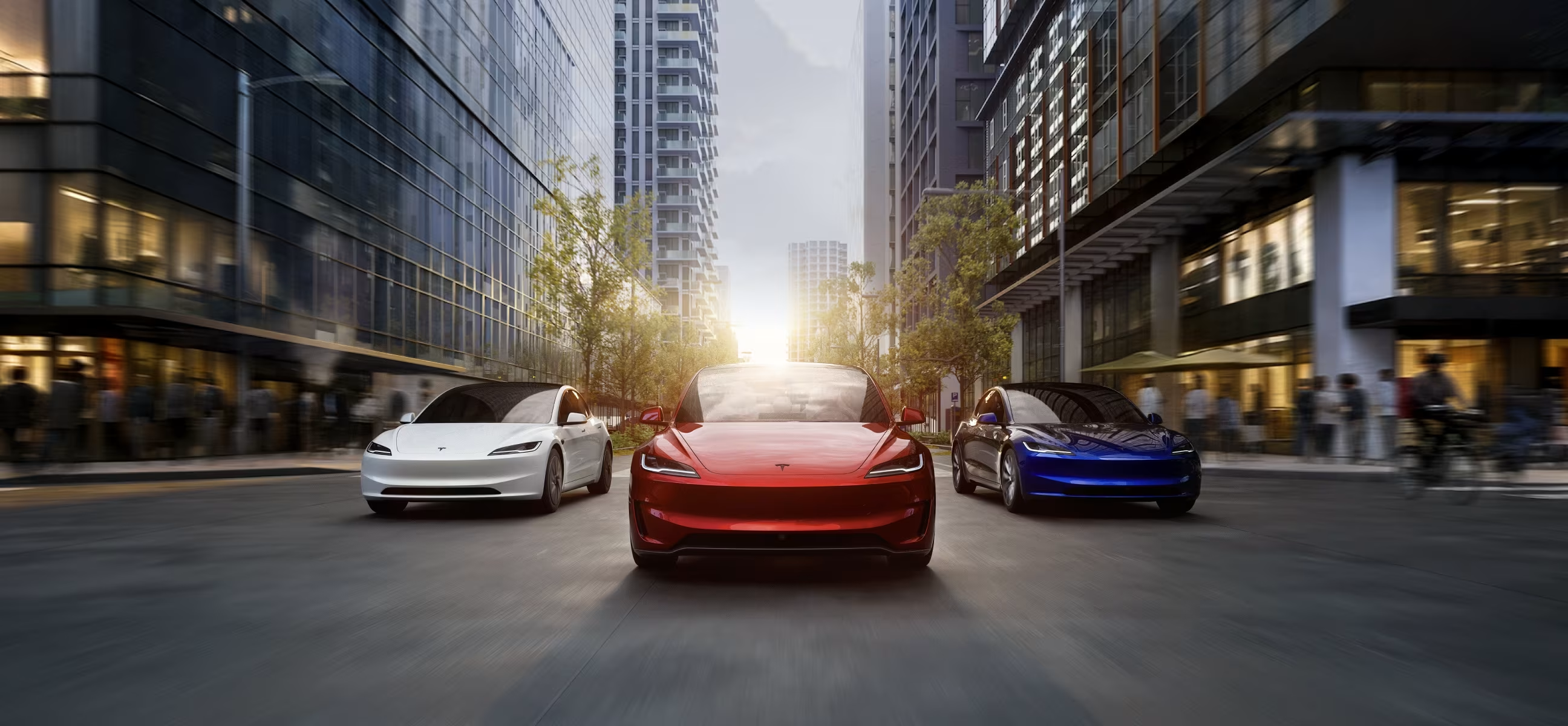
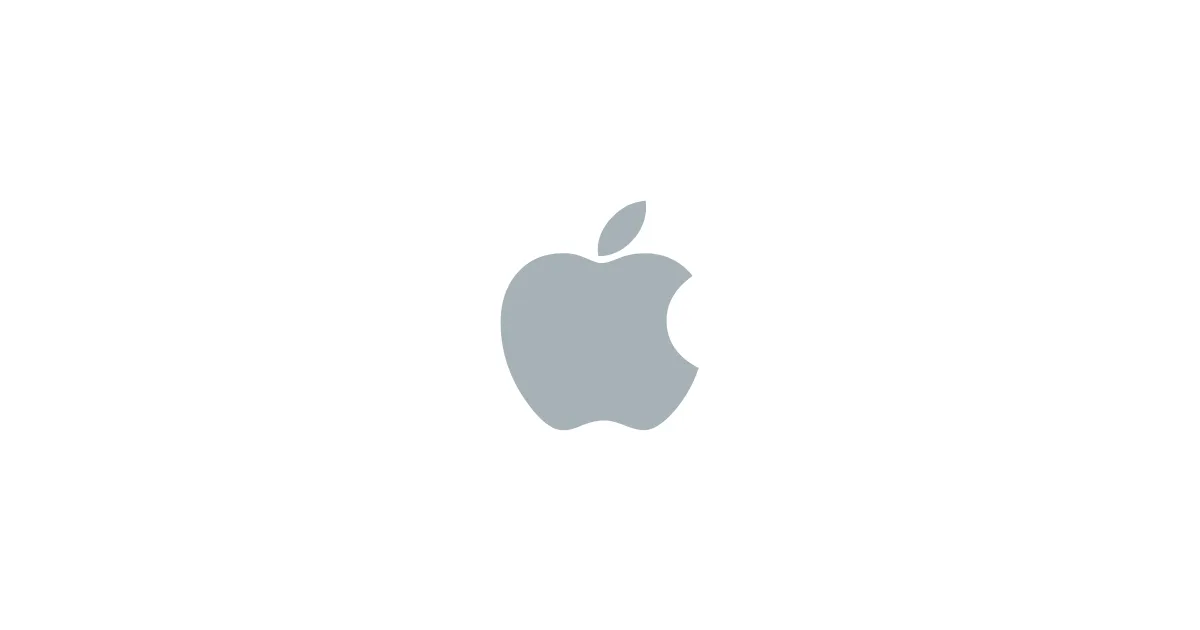
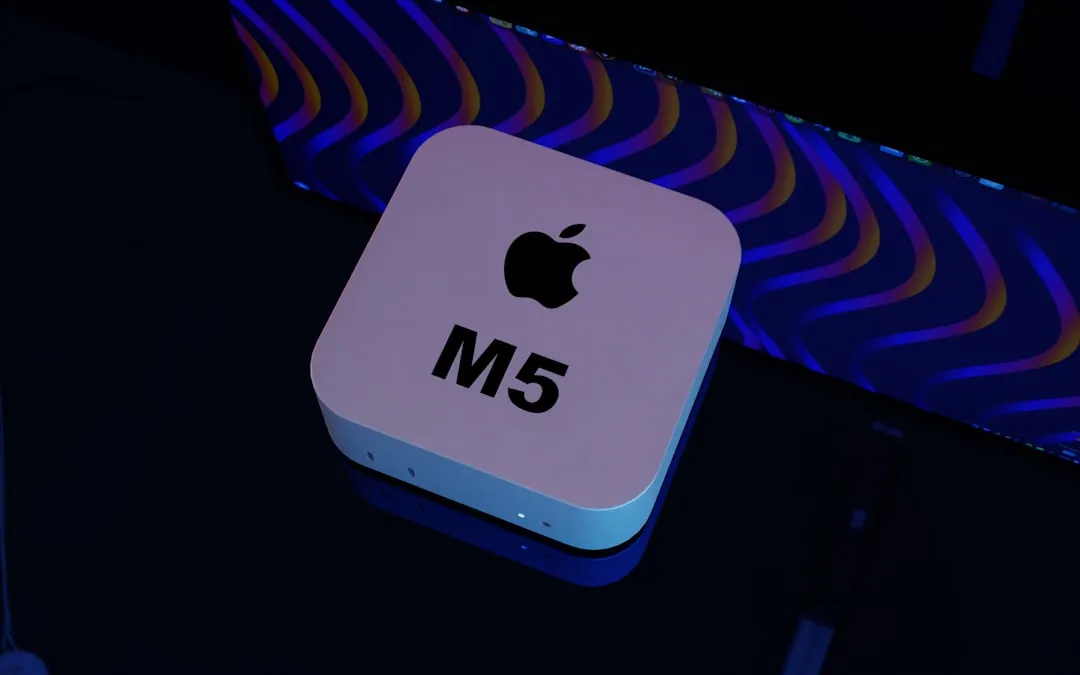
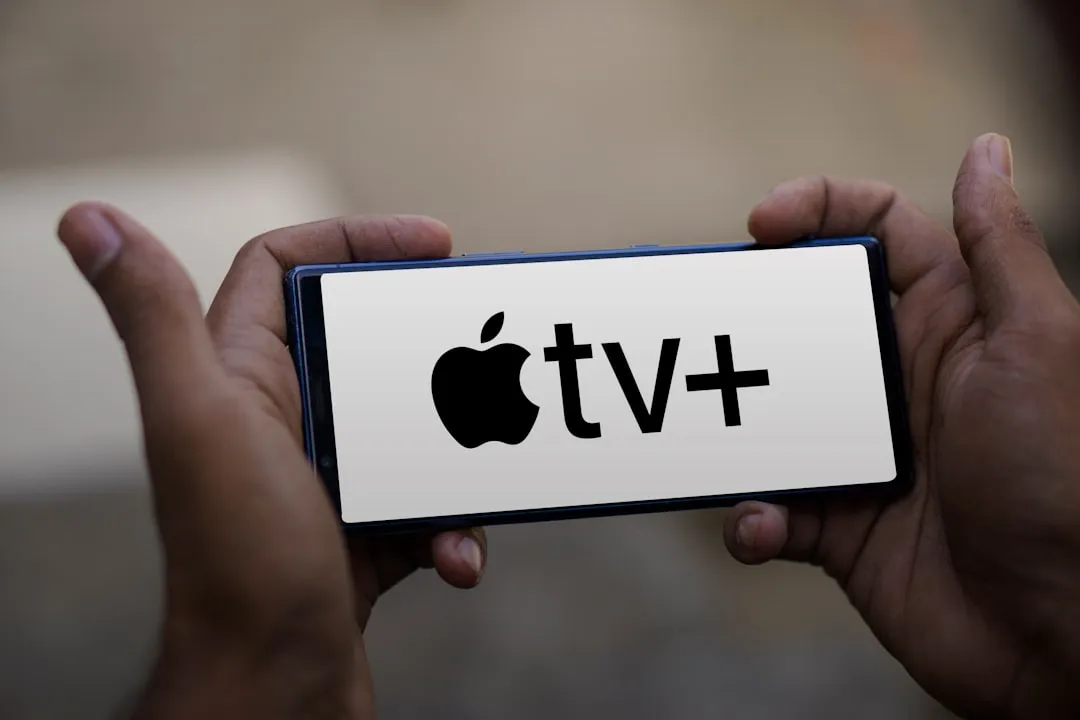
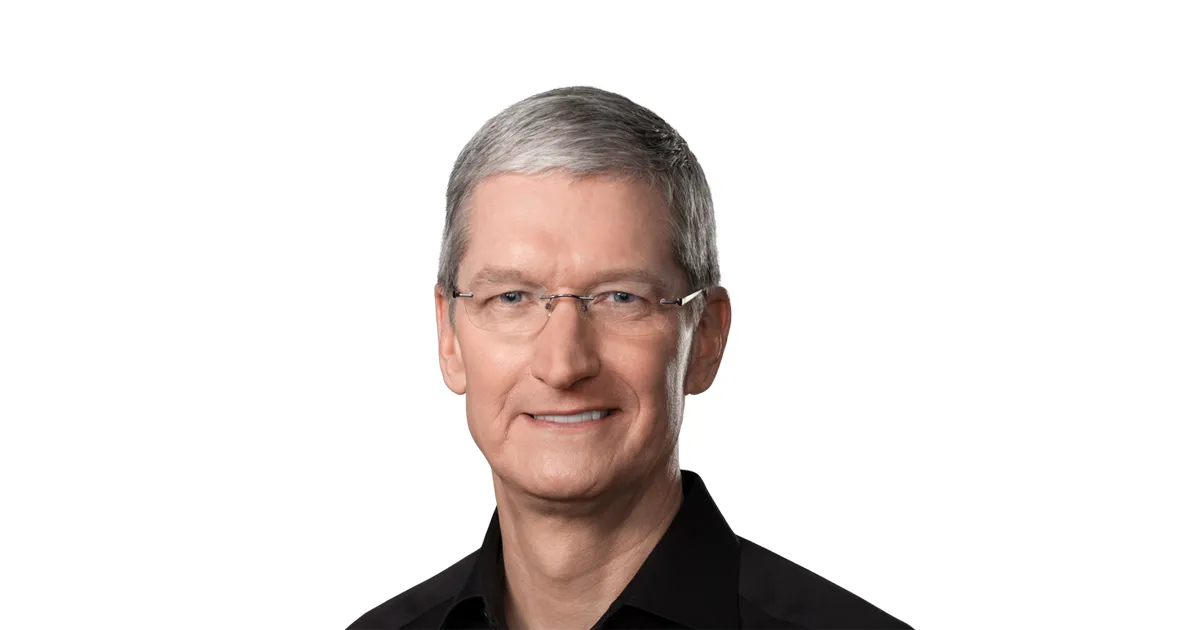
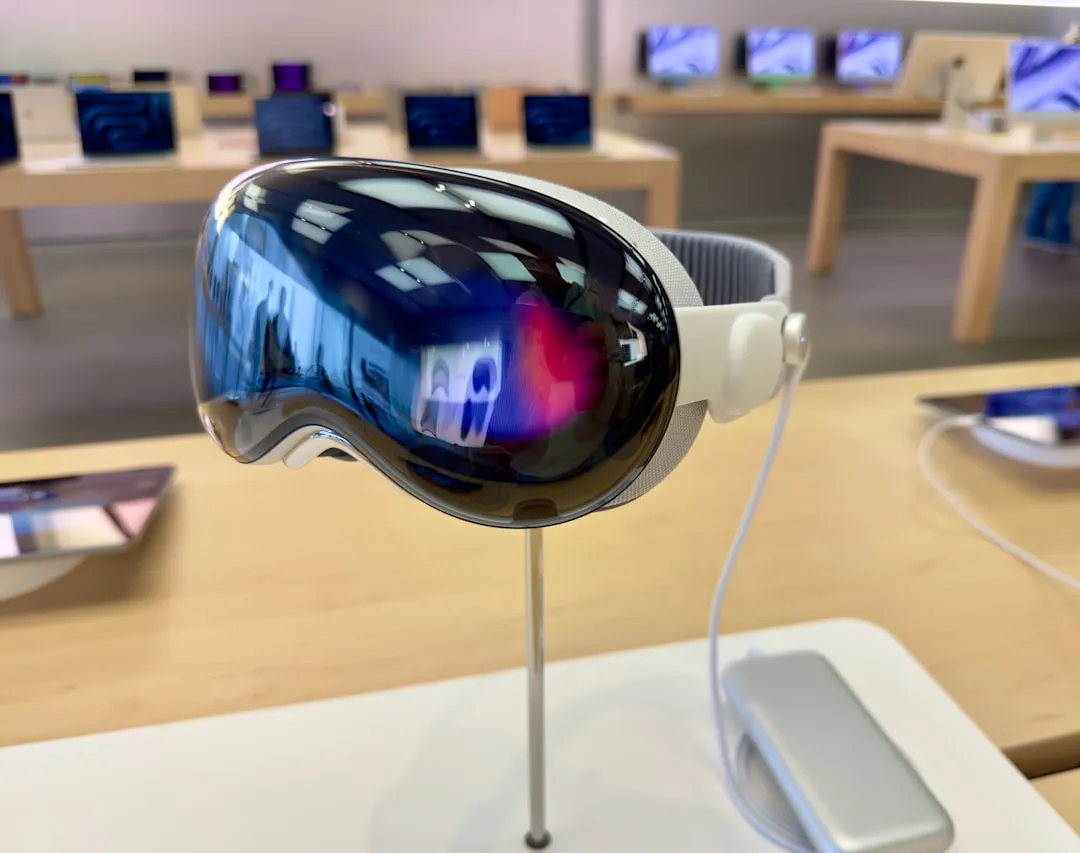
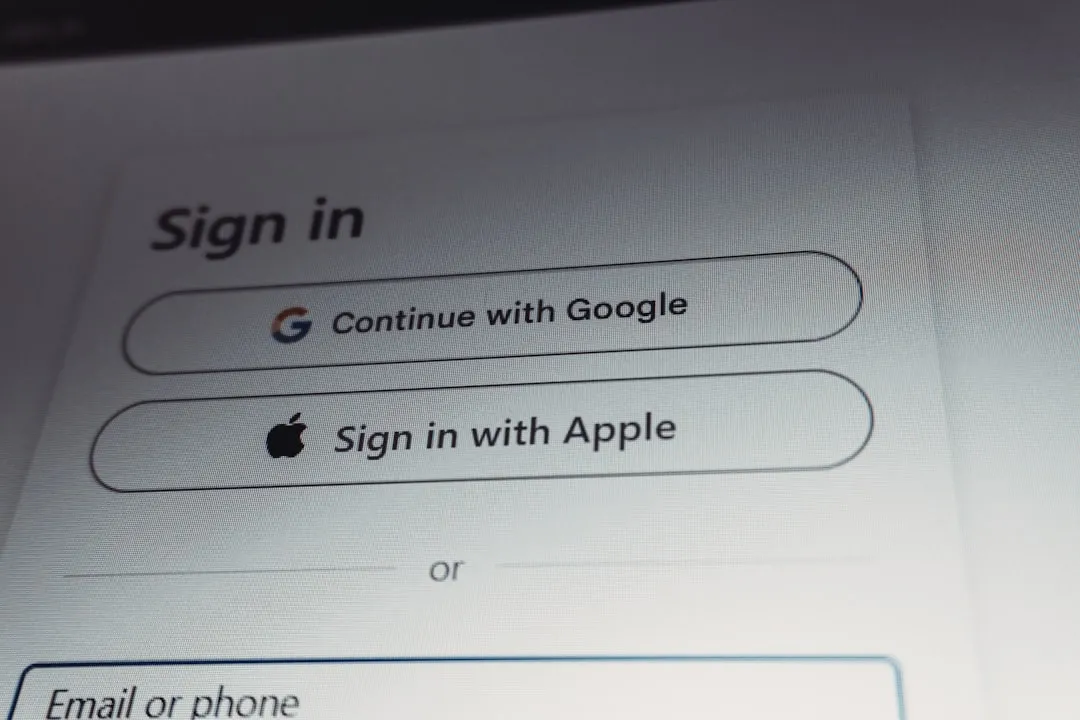
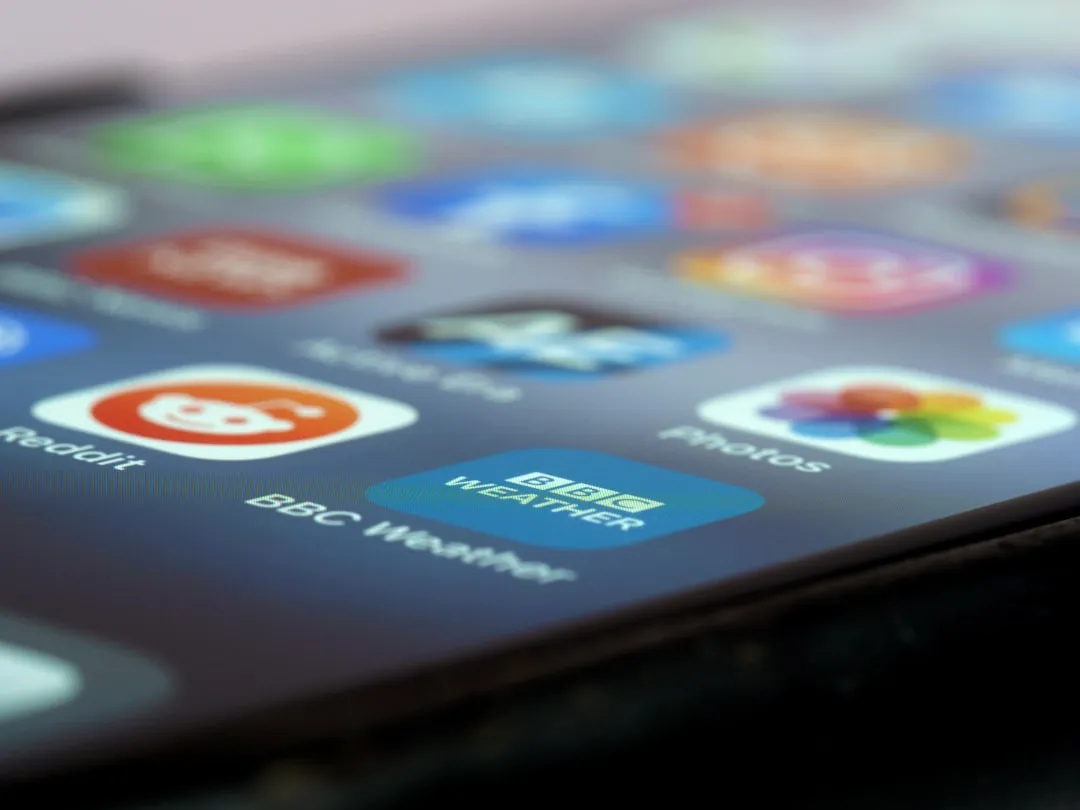
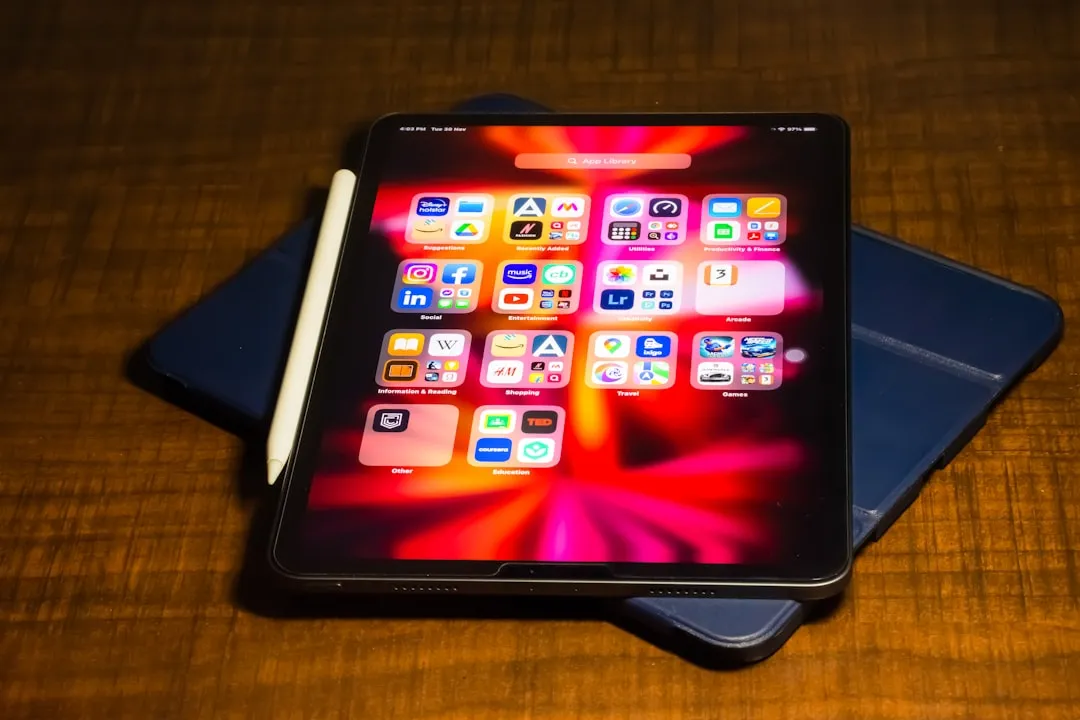
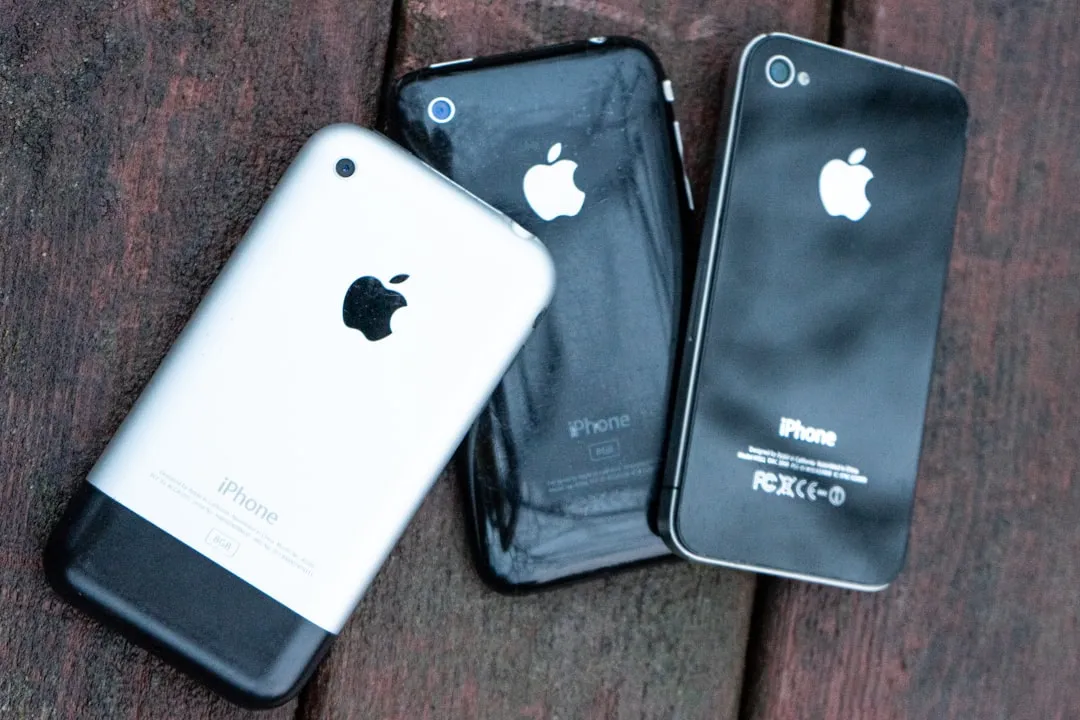
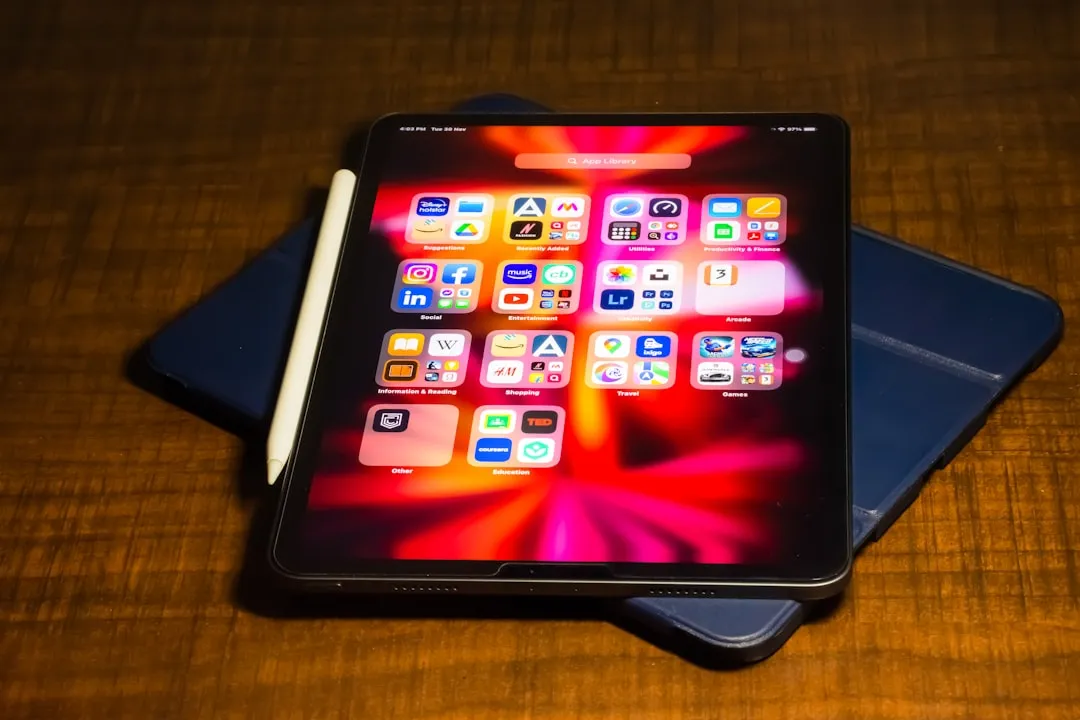

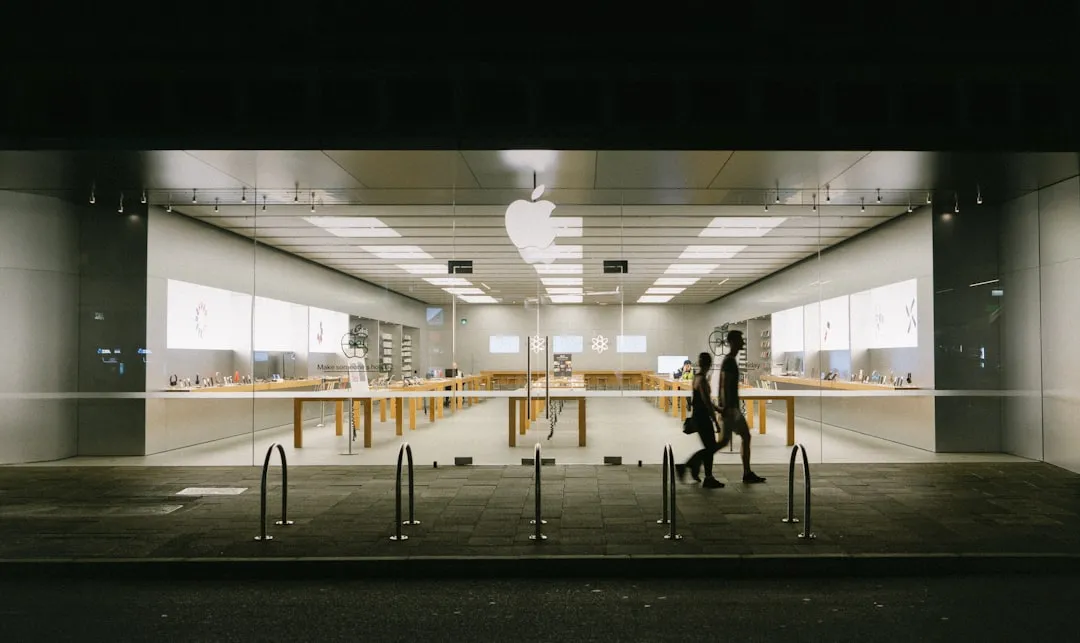
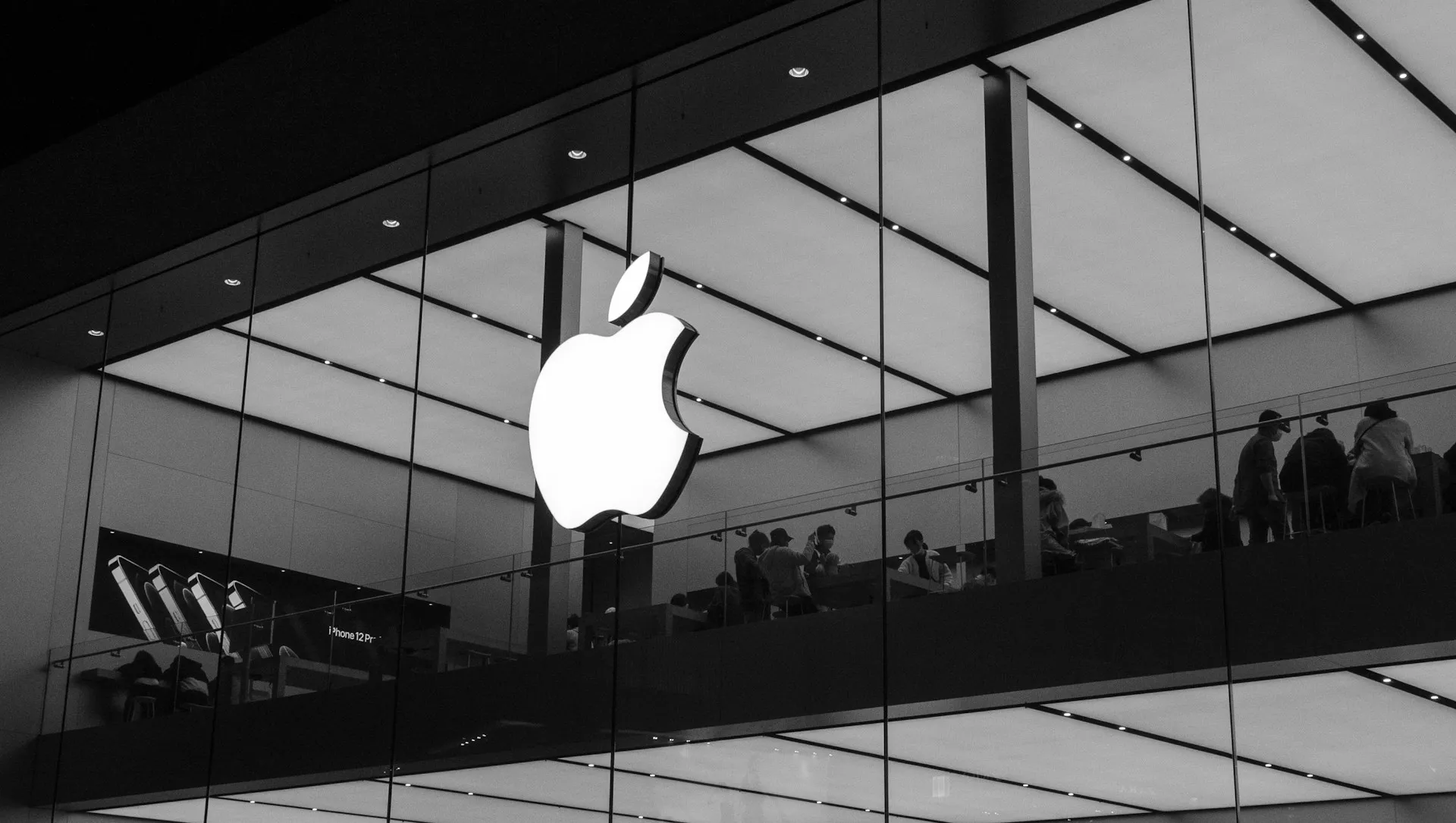
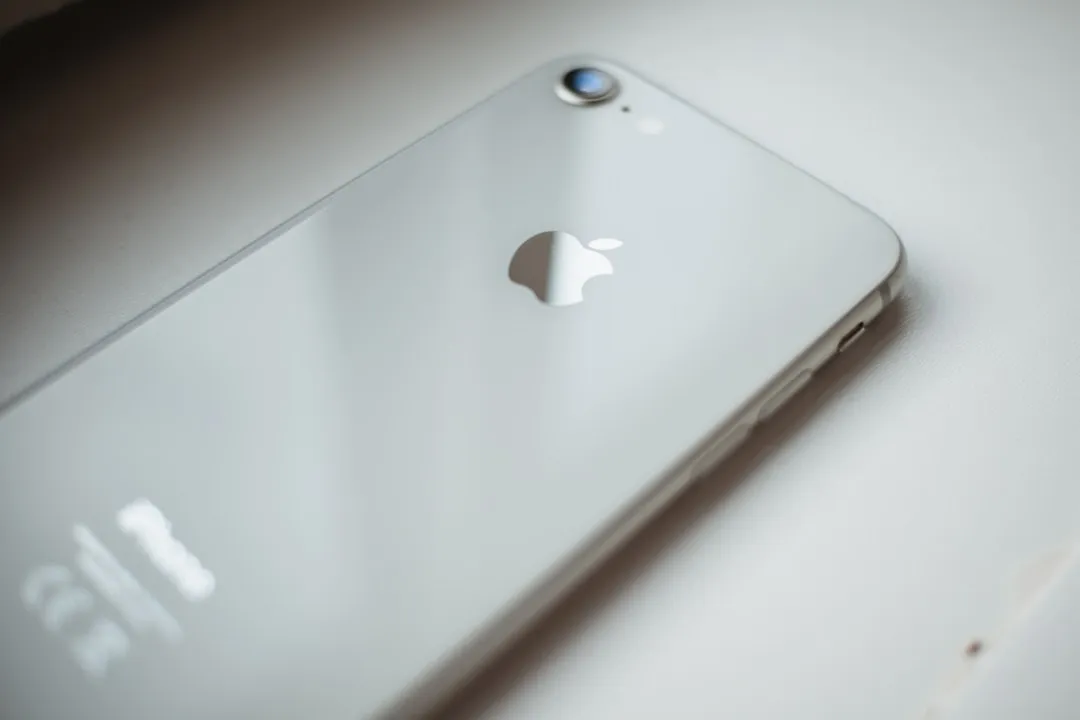
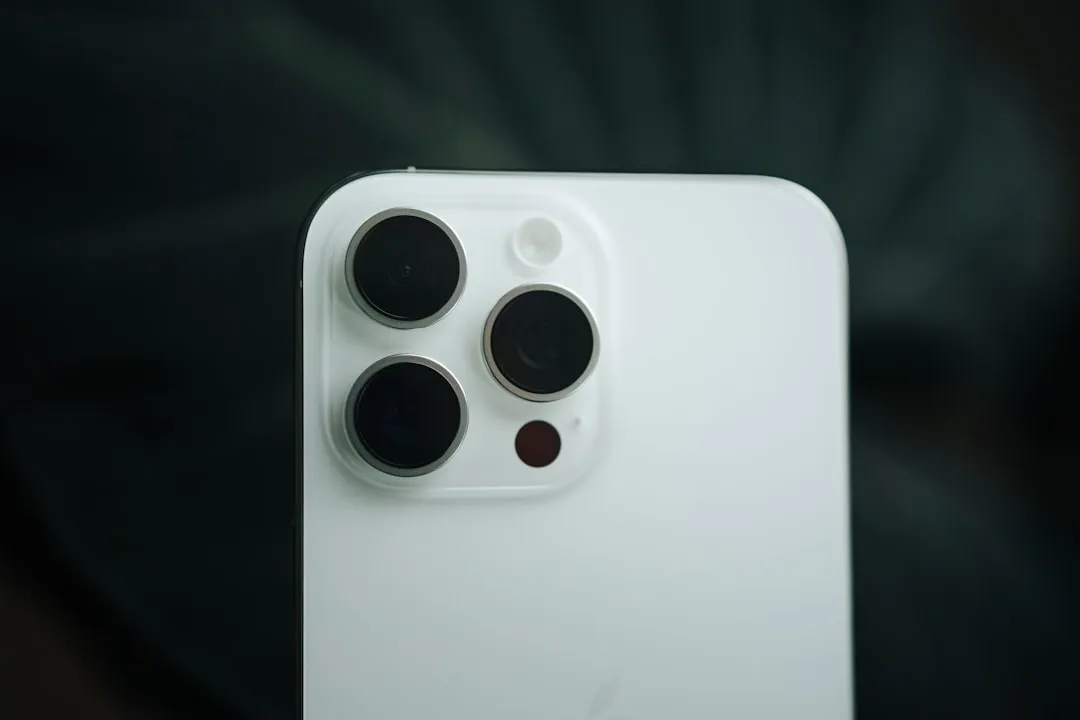
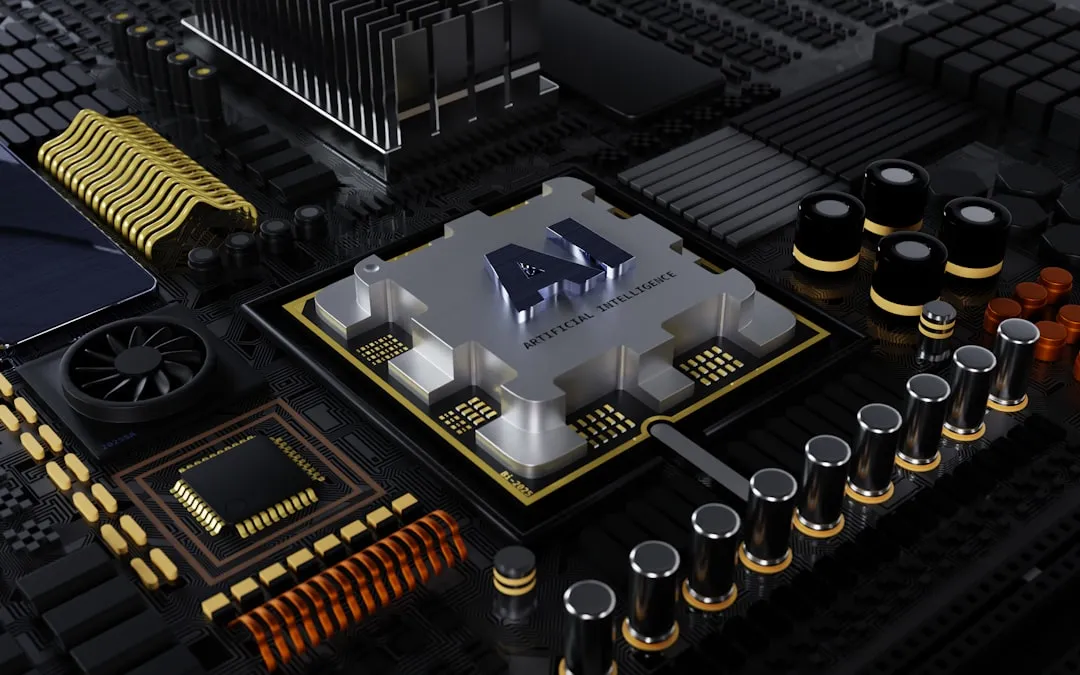
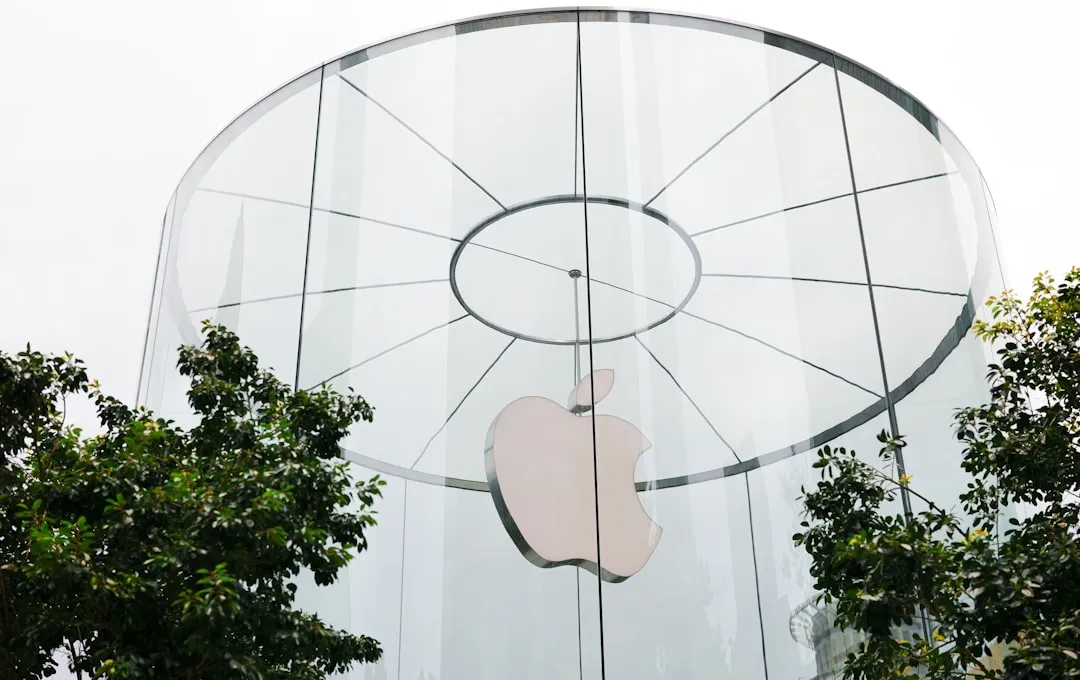

Comments
Be the first, drop a comment!